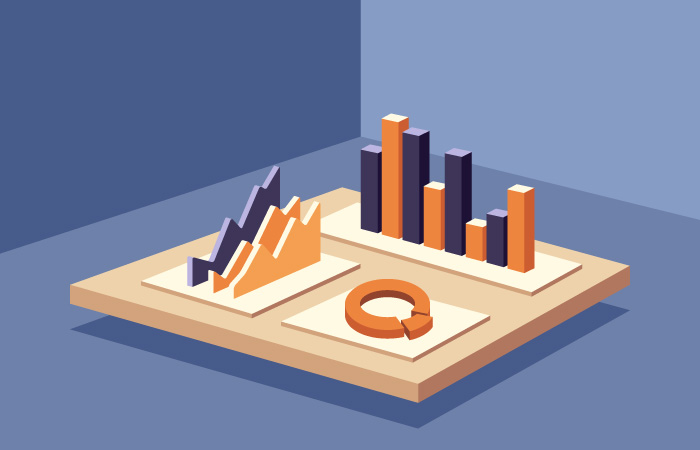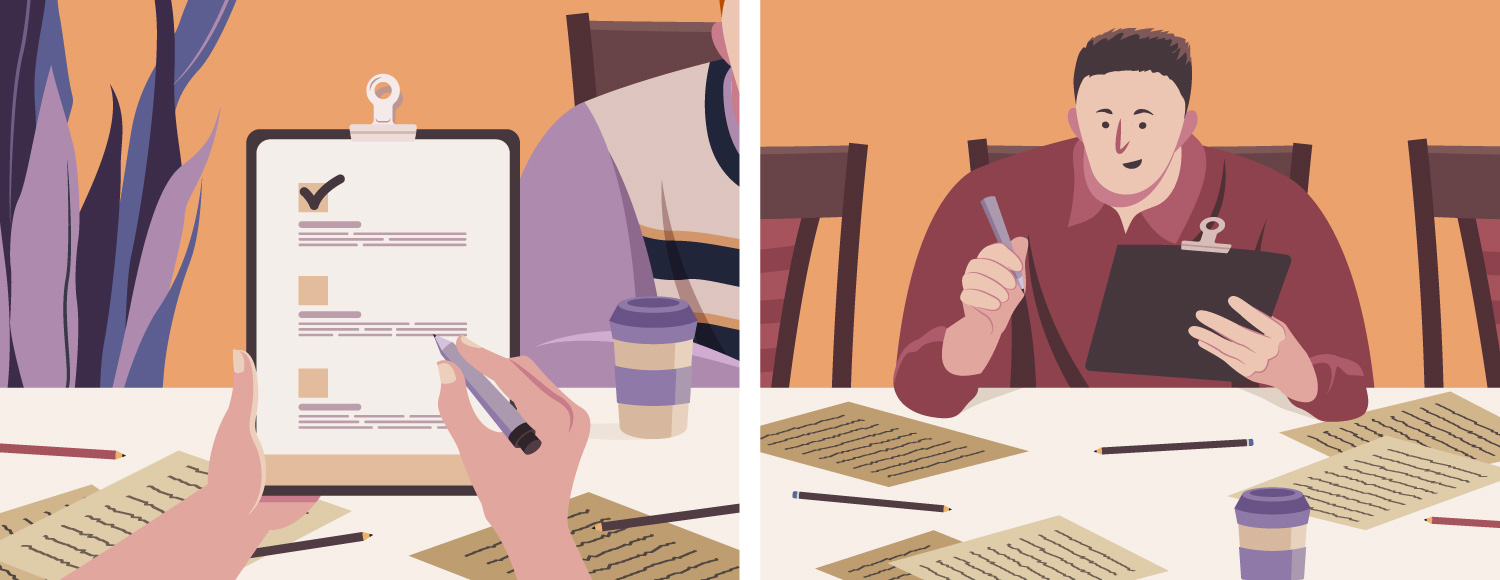So you want to be a web developer. Maybe you’ve never worked with computers at all and are looking for a total career makeover. Or perhaps you’re pretty comfortable with technology, but aren’t sure how to turn that into a paying job. Wherever you’re starting from, this article has you covered—from the very first steps all the way to your first job interview.


